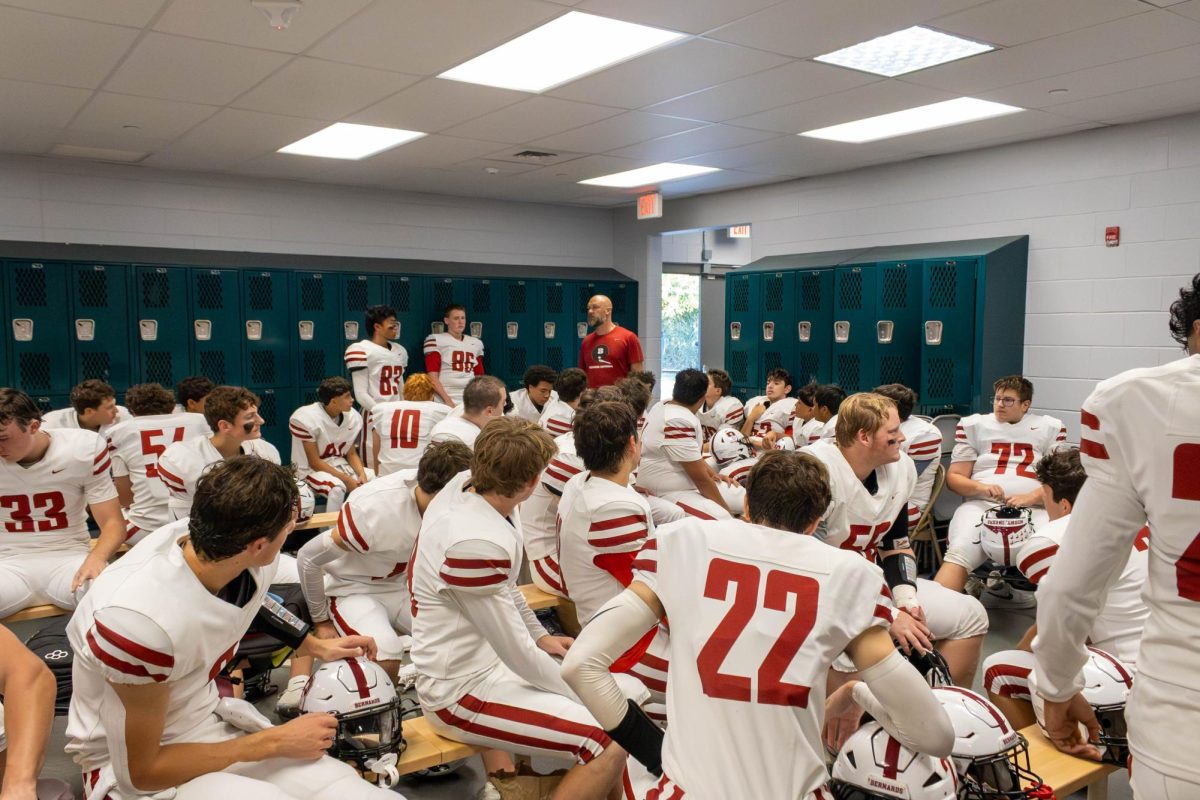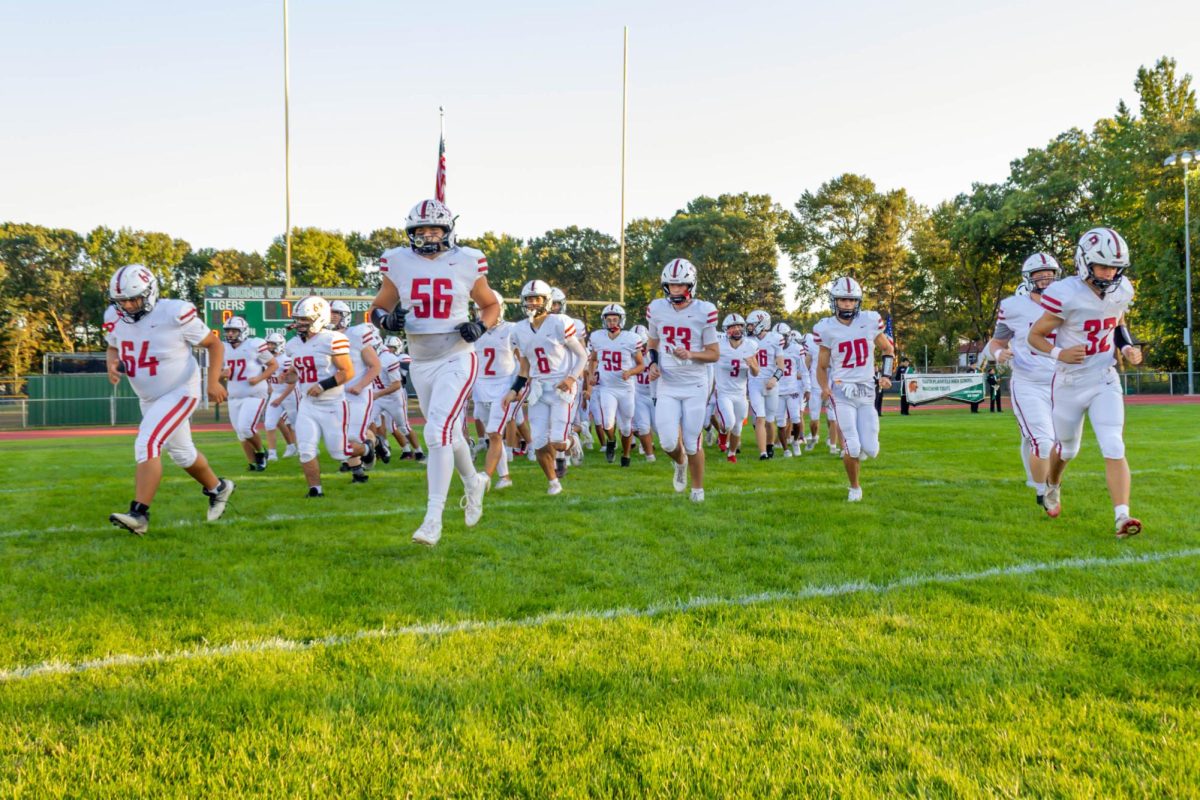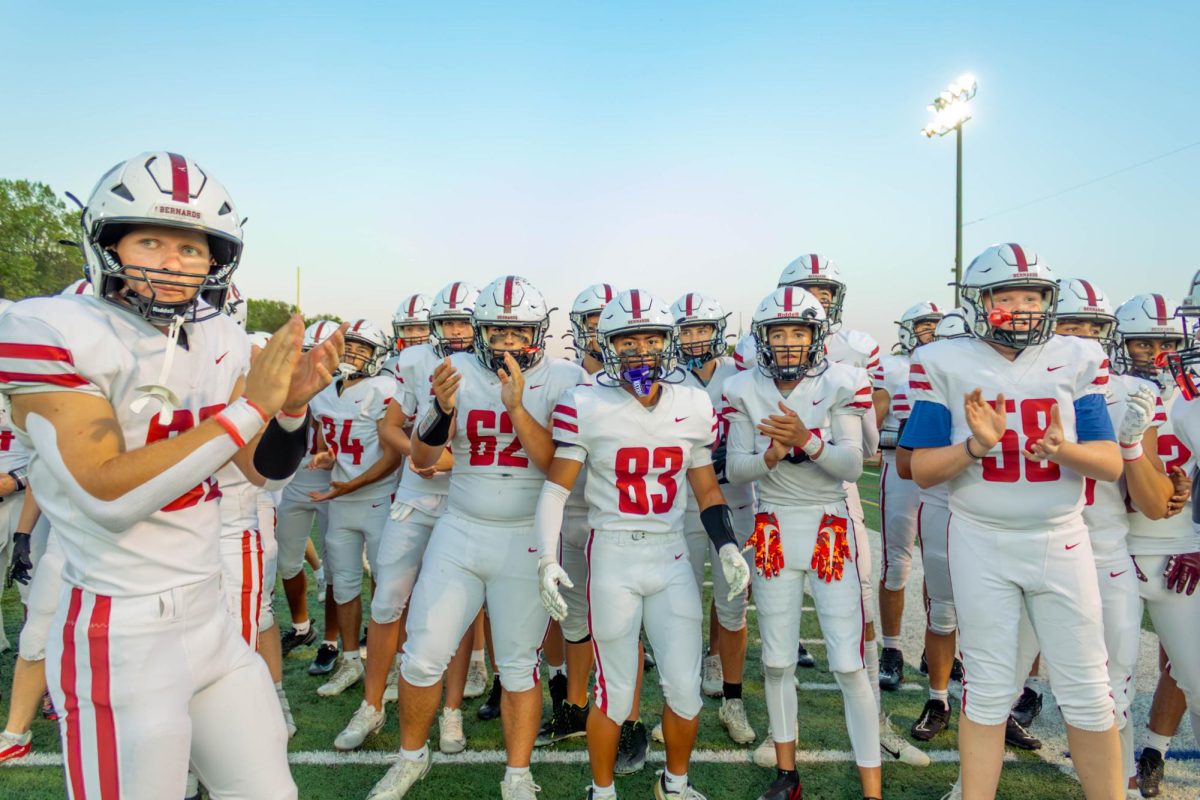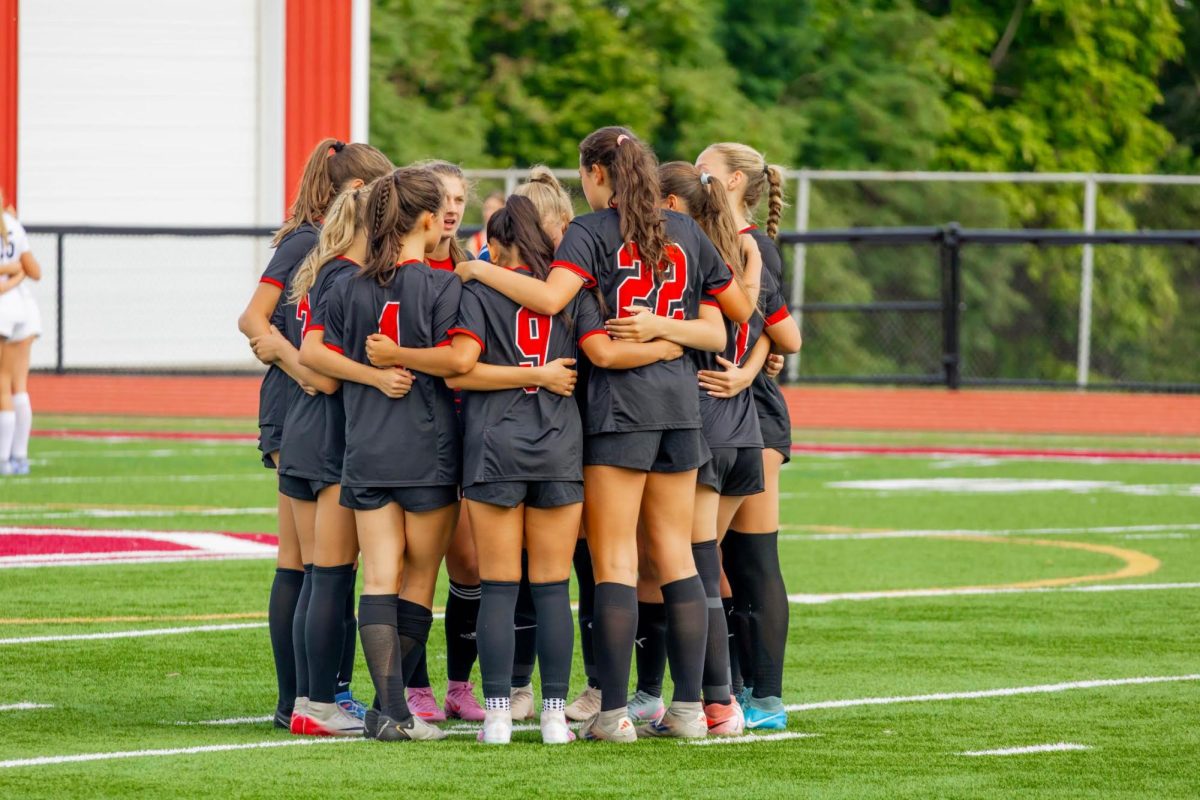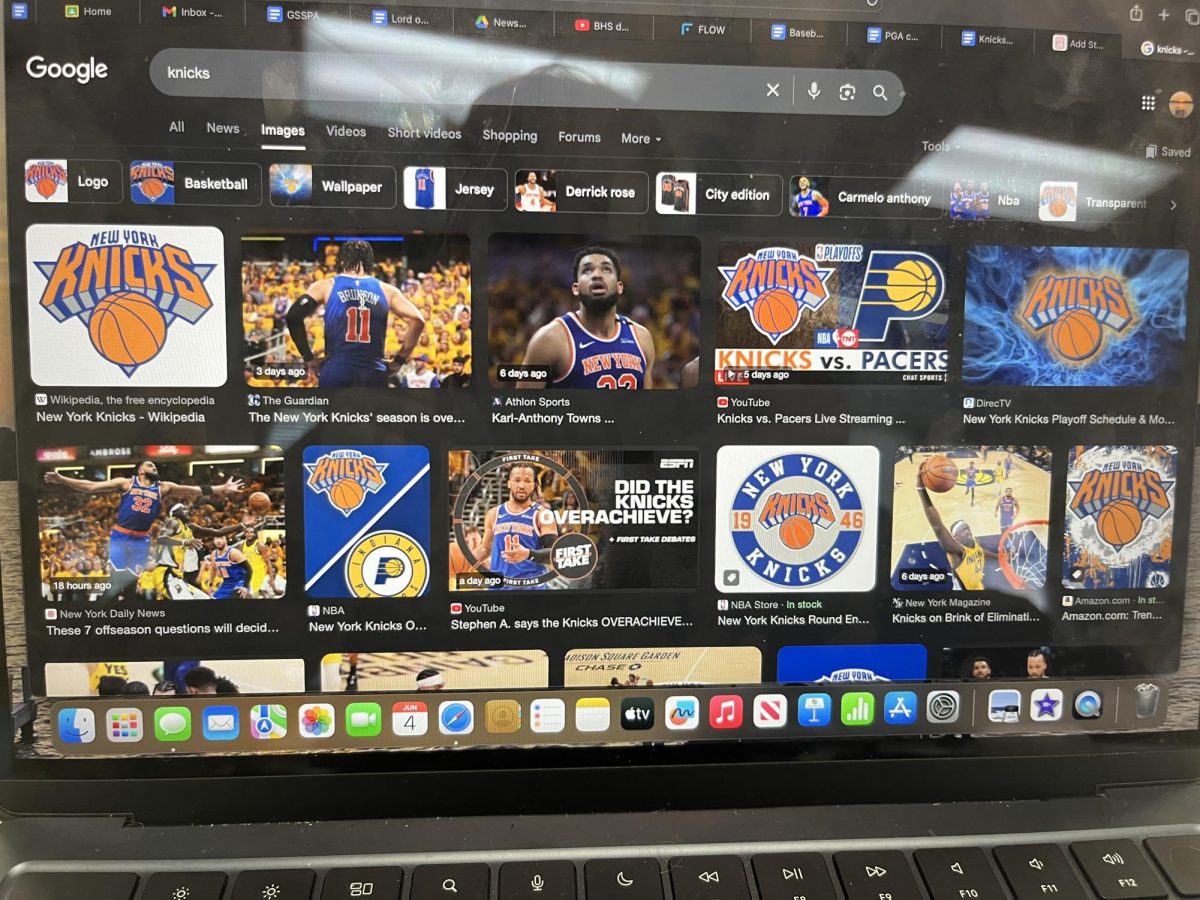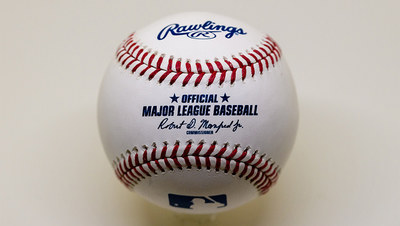
Baseball has always been a staple in American society. Ever since the Cleveland Forest Cities and Fort Wayne Kekiongas faced off on May 4th, 1871, Major League Baseball has grown across the country and the globe. While baseball has been divided racially over its vast history, the sport has also given opportunity to many South and Central American countries to thrive in worldwide sports. The calmness and slow-tempo of baseball has given a nice complement in the eyes of some to fast-paced sports such as basketball and football. Lately, the viewership has gone down significantly. Take baseball’s biggest event, the World Series. The most viewed single-game of all time was in 1980, when the Phillies clinched the championship with a win over the Royals. This game had 54.86 million viewers. The highest average for an entire series also came over 40 years ago, in 1978. The World Series between the Yankees and Dodgers saw 44.2 million viewers on average. Even with the population spike across the world and the United States over the last half-century, World Series viewing does not reflect this. In 2022, the World Series featuring the Houston Astros and Philadelphia Phillies drew in a mere 11.8 million viewers each game. These numbers are astonishingly low when compared to other sporting events in the country, like the NBA Finals, Stanley Cup, and Super Bowl.
The MLB, and commissioner Rob Manfred, took a major yet controversial step towards an attempt at a revival of the game. Rules to increase the action and draw in more fans have been the story of the season so far, along with the Tampa Bay Rays’ unprecedented start to their 2023 campaign. The three major changes in the game which were implemented are pitch clocks, the banning of shifts, and larger bases. Similar to shot clocks in basketball, the league has forced pitchers to be timely with their pitching. This has reduced game time significantly. According to baseballamerica.com, the length of MLB games on Opening Day 2023 was just 2 hours and 45 minutes. The previous season, 3 hours and 11 minutes was the duration. That difference is indicative of this rule change in particular. “Dead time” between plays has been cut down. Pitchers are allowed 15 seconds to pitch with the bases empty and get 20 seconds with a runner on base. This next rule is also one that the league believes will increase popularity and viewership. The shift, one of the most well-known defensive strategies the sport has to offer, has been banned. In vague, a shift is used by the defense to occupy an area on the diamond where the hitter has a tendency to hit. The league batting average, through April 20th, has increased in part due to this rule change. The average of .249 league wide shows a large increase from that of .233 last season. The last prevalent difference in baseball that has been implemented this year is a larger base. This rule is not meant to speed up the game or increase viewership. It was player safety that was at the helm of the MLB when creating this rule. There have been many examples of collisions on the basepaths over the last few years, and increasing the base size will hopefully fix this. There is more room for players who are stealing a base to land, and more space for fielders when stepping on the bag.
Even though some of these rules violate basic baseball principles, there is a need for change in the baseball world. With viewership and popularity plummeting, the MLB decided it was time for a change. So far, the new rules have worked in the eyes of many. As Jack Cohen ‘26 puts it, “the rule changes have made the game more entertaining and enjoyable to watch…There might need to be some minor changes to the pitch clock, but overall, these new rule changes will help the game of baseball in the future”. With well over 100 games for each team still to play, look for these rules to have an impact on the remainder of the season. These rules could very well stay in the game as long as public opinion and player safety improves from year to year. Whether a large impact is made or not, it is safe to say that the sport of baseball has changed forever.



